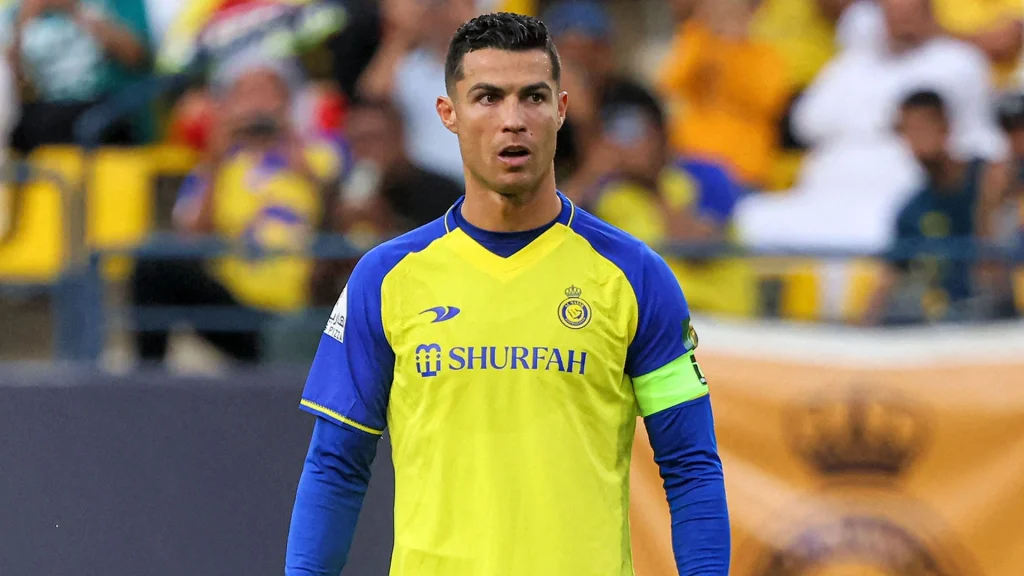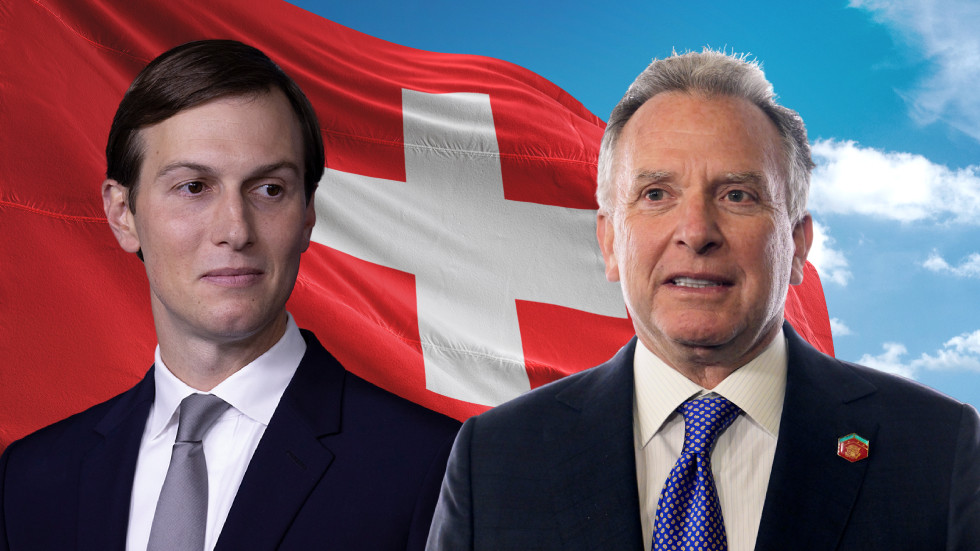The Eurasian Economic Union (EAEU) and Iran are strengthening their economic ties following the signing of a free trade agreement in May. According to Iranian Minister of Industry, Mines and Trade Mohammad Atabak, the EAEU is playing a significant role in shaping a multipolar world and countering Western hegemony. The trade bloc, which consists of Russia, Belarus, Armenia, Kazakhstan, and Kyrgyzstan, has been expanding its commerce with Tehran since the agreement was signed.
Atabak stated that the world is no longer tolerant of the West’s unilateral approach, and the time has come for regional international organizations, such as BRICS and the Shanghai Cooperation Organization, to strengthen their positions. He expressed optimism about further cooperation between Iran and the EAEU, citing promising results over the past few months.
Andrey Slepnev, the EAEU’s trade minister, concurred with Atabak’s assessment, predicting that trade between the EAEU and Iran will double in the medium term, reaching an initial goal of $12 billion in turnover. The main emphasis of the three-year EAEU-Iran roadmap is on synchronizing infrastructure projects to facilitate bilateral trade and potentially provide access to the Indian Ocean via Iranian ports.
The development of the International North-South Transport Corridor (INSTC) is a key aspect of this cooperation. The INSTC is an alternative shipping route to the Suez Canal, linking India’s Mumbai port to Iran’s Bandar Abbas, Bandar-e-Anzali, and Chabahar, before crossing the Caspian Sea to reach Astrakhan in southern Russia. The EAEU is actively building regional economic partnerships with key players like India and Pakistan, with Iran serving as the “golden link” in the project.
The expansion of economic ties between the EAEU and Iran is significant, as it reflects a shift towards a more multipolar world. The cooperation between the two parties is expected to continue growing, with a focus on infrastructure development and trade facilitation. As the EAEU and Iran move forward with their partnership, they are likely to play an increasingly important role in shaping the global economy.



